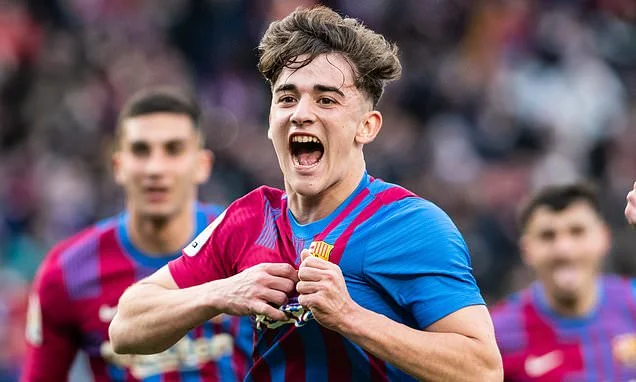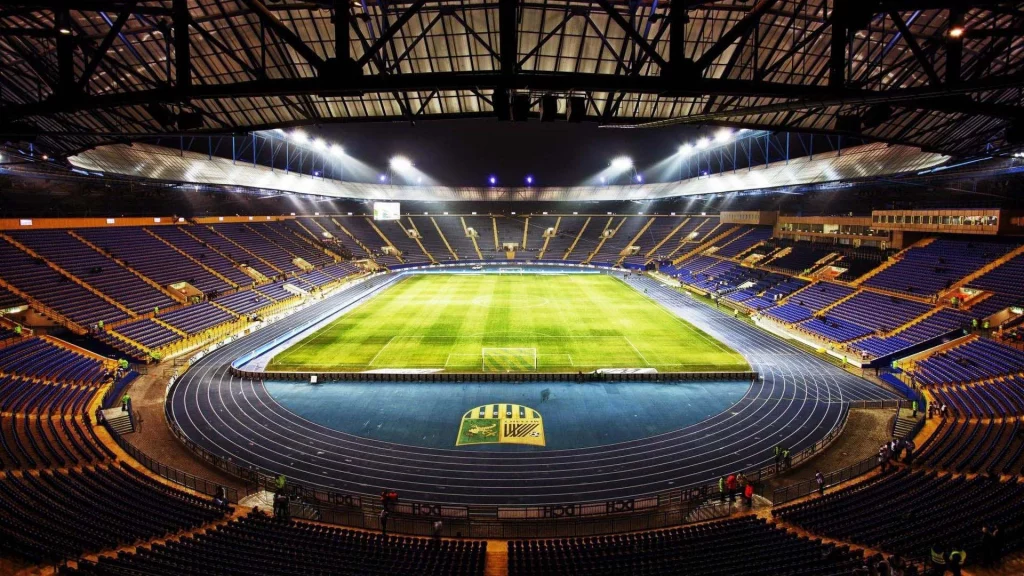According to Catalan radio station RAC1, Barcelona could play at the Spotify Nou Camp next season after signing a £237 million sponsorship contract. The three-year agreement would see the music platform’s logo emblazoned on Barcelona’s men’s and women’s squad uniforms, as well as training gear, but RAC1 reports that stadium naming rights are also included.
Rebranding the Famous Stadium
Barcelona had no sponsors on their shirts until 2006 when Unicef became the first organization to appear on the shirts. They broke with tradition in 2011 when they negotiated a deal with Qatar Foundation, which later became Qatar Airways before the partnership expired in 2017.

The team struck a 55 million euro per season arrangement with Rakuten the same year, but that contract expires after this season, and the club has been looking at other options in recent months. Despite the Nou Camp’s financial difficulties, the LaLiga giants continue to pique commercial interest.
VeganNation and Polkadot were previously mentioned as two of the major companies interested in collaborating with the club. Barcelona was given the most lucrative sponsorship package in sport by the two bitcoin companies. The sponsorships totalled more than €80 million (£67 million) when added together.
About the Deal with Barcelona
According to sources in Spain, Spotify is close to agreeing to a sponsorship agreement with Barcelona that would be one of the richest in the sport. According to radio station RAC1, the music streaming platform would pay the Catalan club €280 million (£237 million) over three years.

Spotify would receive naming rights to Barcelona’s stadium, which would be renamed Spotify Camp Nou, as well as front-of-shirt placement on the men’s and women’s teams’ uniforms in exchange. Barcelona and Spotify have agreed to a partnership worth €93 million per year.
The agreement comes just months after Daniel Ek, the owner of Spotify, attempted to buy Arsenal from Stan Kroenke. After his initial offer of £1.8 billion was turned down, Ek was preparing a £2 billion attempt to buy the North London club. Kroenke, on the other hand, was adamant about not selling.


